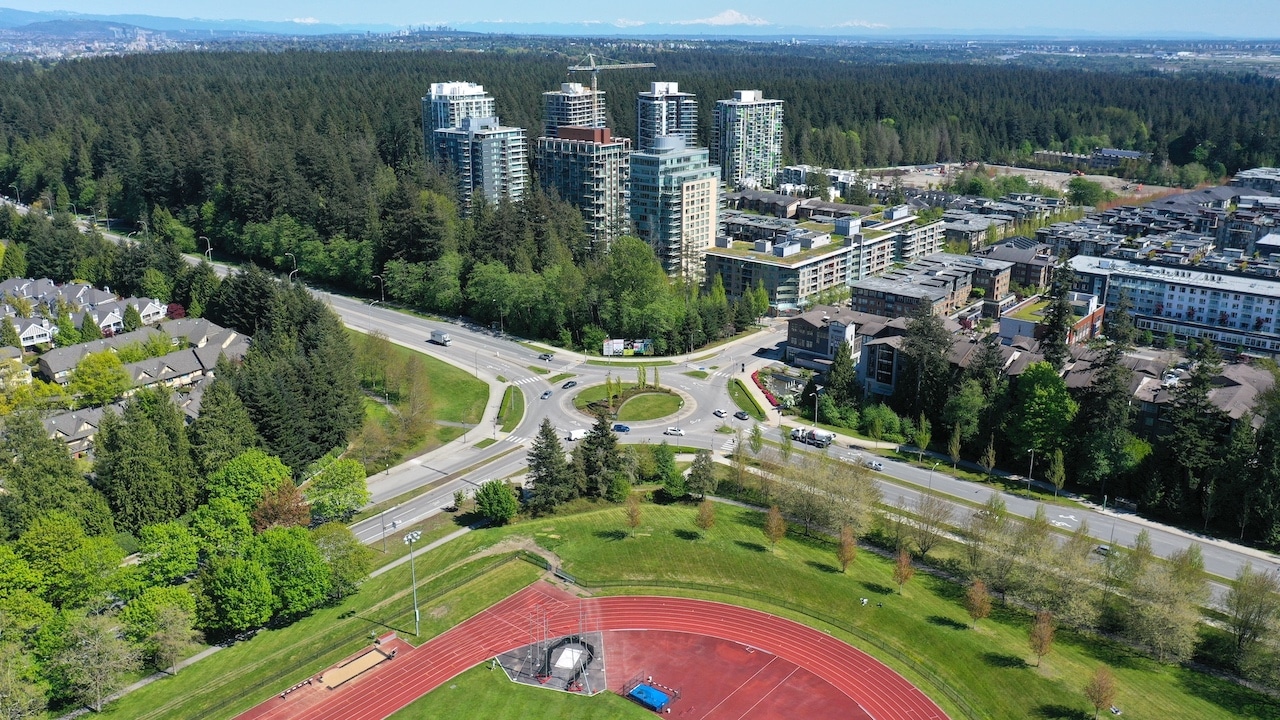UNA Submission to UBC Land Use Plan Public Hearing
By UNA
 CANCEL SEARCH
CANCEL SEARCH

On October 11, UBC released the final drafts of Campus Vision 2050, the Housing Action Plan and the amended Land Use Plan and, during their October 16 meeting, the UBC Board of Governors formally referred the draft amended Land Use Plan to a public hearing on November 7, 2023.
Throughout UBC’s Campus Vision 2050 planning process, the UNA Board of Directors has advocated for the interests of residents. The UNA Board has reviewed the draft amended Land Use Plan and their response is contained in the official UNA submission to the public hearing as noted below.
October 25, 2023
Sent by email to: campusvision.2050@ubc.ca
RE: Submission to the Public Hearing Committee
From: University Neighbourhoods Association (UNA) Board Chair Richard Watson, on behalf of the Board of the UNA
To Whom It May Concern:
The University Neighbourhoods Association (UNA) represents 15,000 UBC residents who will be directly impacted by UBC’s revised Land Use Plan. Throughout UBC’s Campus Vision 2050 planning process, the UNA has advocated for prioritizing sustainable, affordable, and livable neighbourhood development. These goals align with the University’s own stated commitments on climate, housing availability and affordability, and the quality of its urban form. In spite of these shared goals, UBC has advanced a Land Use Plan that prioritizes the sale of land leases for market housing, much of which would come in the form of unaffordable, high-rise housing at twice the density of current neighbourhoods. The UNA, along with other representatives of UBC residents, faculty, staff, and students, have registered their profound disagreement with this order of priorities, but these calls have gone unheeded. We urge the Board of Governors to require the following revisions to the Land Use Plan before its final adoption.
We also want to express our disappointment with the Board of Governors Public Hearing Procedural Rules adopted at the Board’s October 16 meeting. Any Land Use Plan amendments, current or future, should provide residents and other stakeholders meaningful opportunities for public comment and avenues for demanding public accountability. As mandated by provincial legislation, on October 16 the Board of Governors referred the Land Use Plan to a public hearing. Yet the Board’s referral explicitly and unaccountably prohibits the Board from amending the Plan to lower neighbourhood densities following the public hearing. We fail to see the point of a public hearing that precludes changes based on public input. Residents want and deserve governance that gives them opportunities to question policy makers and hold them politically accountable.
Since early in the Campus Vision process, the UNA has supported calls for neighbourhoods that would be models of low carbon, sustainable, socially responsible, community-oriented urban planning. These priorities reflect UBC goals and values, as articulated in key documents such as the UBC Strategic Plan, the Declaration of Climate Emergency, and the Campus Vision 2050 Terms of Reference. In other words, UNA residents and UBC share an interest in vital, sustainable, and human-scaled neighbourhoods. The proposed Land Use Plan instead perpetuates a development strategy prioritizing leasehold condo sales. While leasehold market housing has a place in the mix of housing types, it should not comprise 70% of all housing in UBC neighbourhoods. We call on the Board of Governors to realign the Land Use Plan to a different set of priorities and values: sustainability, climate urgency, rental housing availability, and the long-term stewardship of UBC’s land endowment.
Sincerely,
Richard Watson
Chair, Board of Directors
University Neighbourhoods Association
___
CC:
Hon. David Eby – MLA for Vancouver Point-Grey and Premier of BC
Hon. Anne Kang – MLA for Burnaby-Deer Lake and Minister of Municipal Affairs
UBC Board of Governors via the UBC Board of Governors Secretariat
Michael White – UBC Associate Vice-President, Campus + Community Planning
UNA Board of Directors
Sundance Topham – UNA Chief Administrative Officer